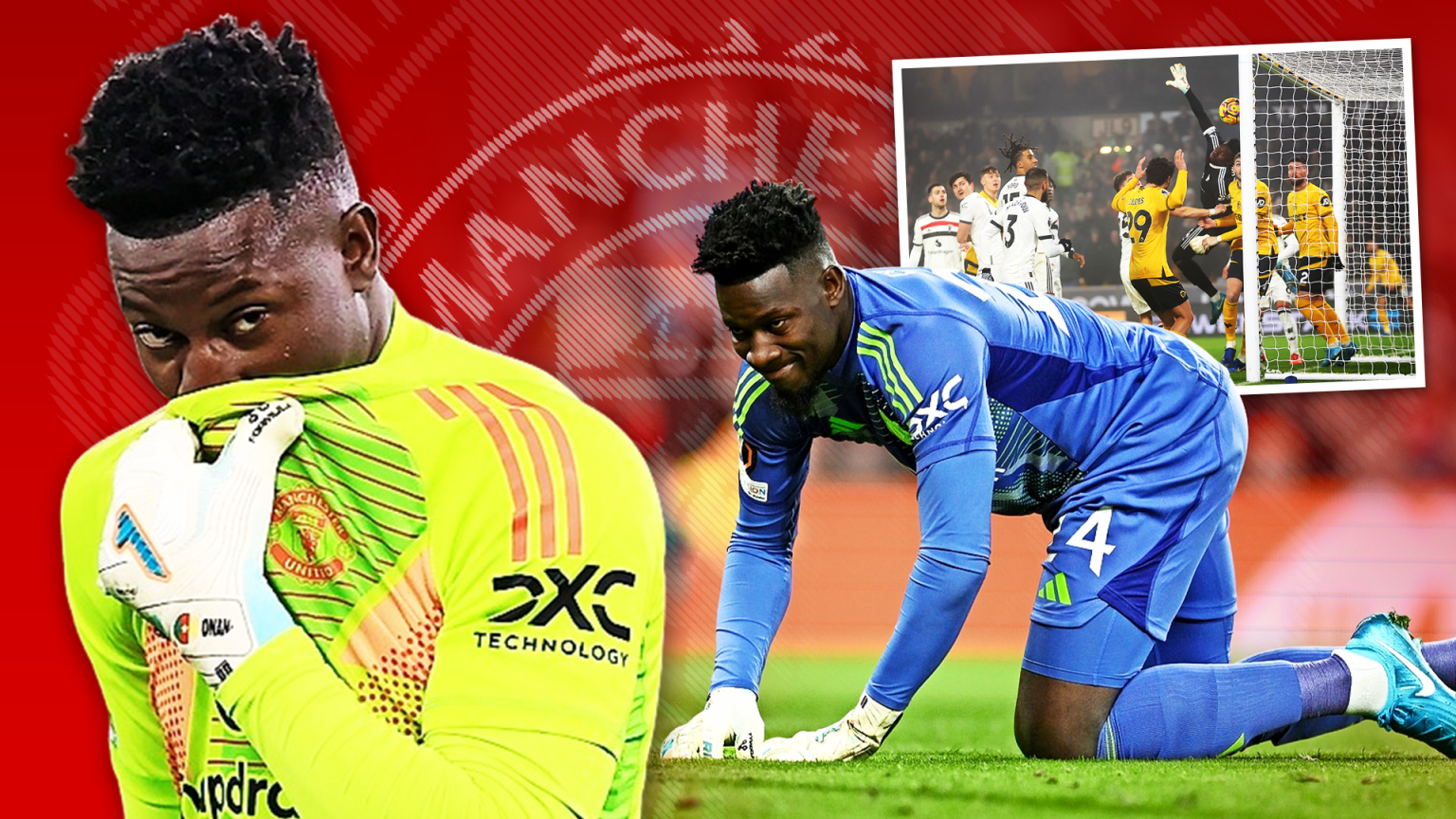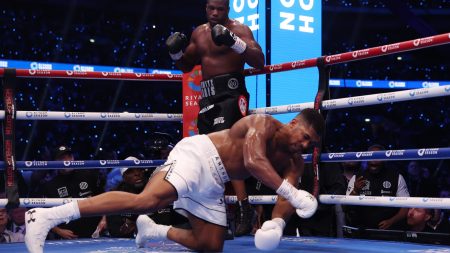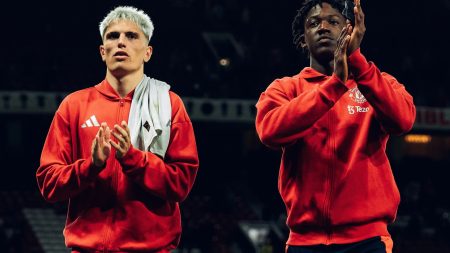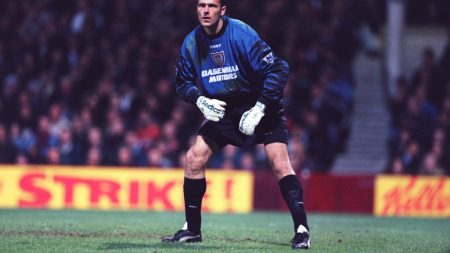Andre Onana, Manchester United’s current goalkeeper, faces an uphill battle to redeem himself after a series of high-profile errors. Former United keeper Massimo Taibi, who himself experienced the harsh scrutiny of Old Trafford fans after a memorable blunder, emphasizes the immense challenge Onana faces. Taibi argues that only a string of exceptional performances, perhaps ten to fifteen, can truly erase the memory of such mistakes from the collective consciousness. He points out the unique pressure goalkeepers face, where a single error can overshadow numerous successes, while outfield players are often afforded more leeway. The mental fortitude to overcome these setbacks is crucial, and Taibi suggests that Onana must possess a strong ability to compartmentalize and move forward.
Onana’s struggles are not new. He experienced a difficult previous season, marked by several notable errors, including a weak goal conceded against Bayern Munich, a misplaced pass leading to a red card for a teammate, and another soft goal conceded against Brentford. These past mistakes compound the current scrutiny, making every subsequent error appear magnified. As Taibi explains, even if Onana were to produce a series of brilliant performances, the first mistake he makes will inevitably be dredged up, a constant reminder of his past fallibility. This creates a vicious cycle where the pressure to perform flawlessly intensifies, potentially exacerbating the likelihood of further errors.
Taibi draws a parallel to his own experience, where he believes a goal he scored for Reggina later in his career helped to somewhat overshadow his infamous error against Southampton. He cites other goalkeepers whose careers are defined by specific moments, both positive and negative, highlighting the enduring impact of these isolated incidents. Taibi argues that a goalkeeper’s legacy is often shaped by these defining moments, regardless of their overall performance. He uses examples like Rene Higuita’s scorpion kick and Jose Luis Chilavert’s free-kick goals, which are more readily remembered than their saves, and Walter Zenga, whose career is often overshadowed by a single error against Argentina in the 1990 World Cup.
Analyzing Onana’s errors, Taibi suggests they are primarily positional rather than technical. He points to Onana’s positioning during the corner kick goal conceded against Wolves, suggesting he should have been further forward, and his anticipation of Morgan Gibbs-White’s shot for Nottingham Forest, which led to a delayed reaction. These are not necessarily glaring blunders, but rather subtle misjudgments that are magnified due to the intense scrutiny Onana faces. Taibi argues that if Onana had established a consistent record of solid performances, these errors might have been overlooked.
Furthermore, Taibi highlights the paradoxical nature of goalkeeping, where spectacular saves are often easier to execute than routine ones. While miraculous saves garner praise and highlight a goalkeeper’s athleticism and reflexes, the seemingly simple saves require constant focus and concentration. A momentary lapse in concentration can lead to an easily preventable goal, as evidenced by one of Onana’s errors, which Taibi suggests could have been avoided with more careful positioning and anticipation. The pressure to maintain this unwavering focus for an entire match is immense, and a single lapse can have devastating consequences.
Finally, Taibi reflects on his own brief and tumultuous spell at Manchester United, acknowledging the lasting impact of his error against Southampton. He expresses regret about the circumstances surrounding his departure, citing personal reasons rather than his on-field performance, and feels unfairly labeled as a flop. He believes his overall performance was unfairly judged based on a limited number of appearances. This personal anecdote serves to underscore the unforgiving nature of professional football, particularly for goalkeepers, where a single mistake can overshadow an entire career. It also highlights the psychological toll that such intense scrutiny can take on players, and the importance of mental resilience in navigating the pressures of top-level competition.











